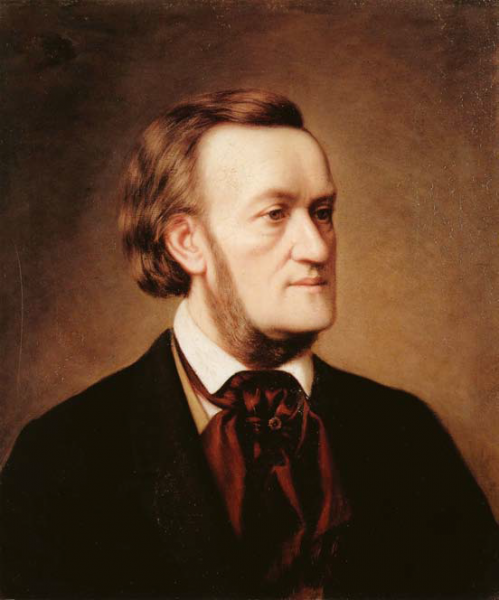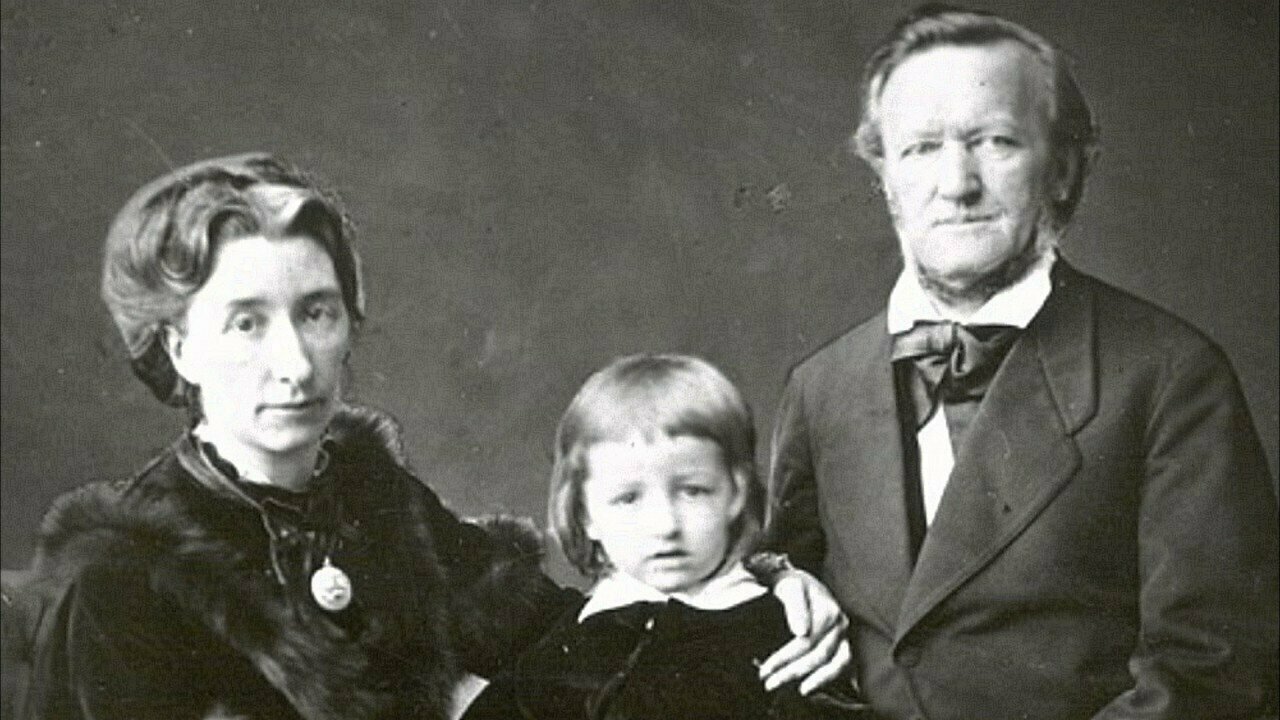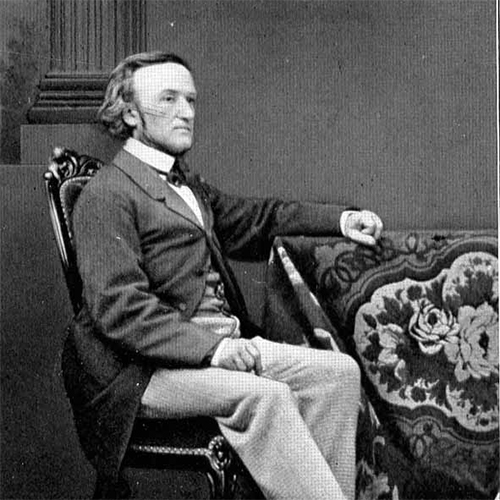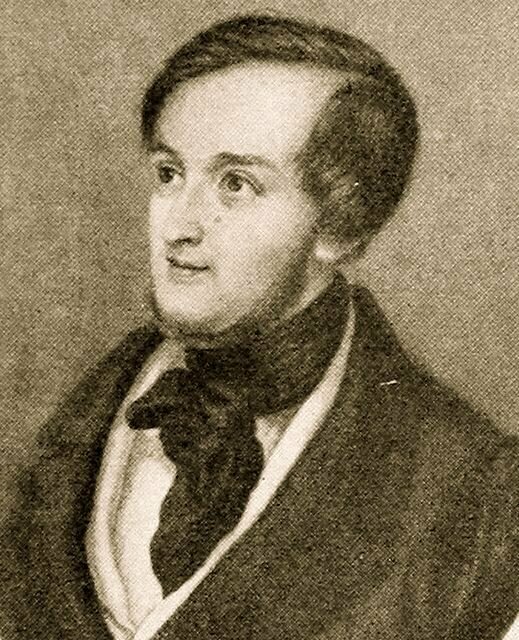We were visiting the Richmond Museum of Fine Arts the other week and noticed two wonderful pieces of particular musical interest. In the Museum’s extensive holdings of silver items, we found two pieces commemorating operas by Richard Wagner. A sterling
Wagner
Richard Wagner (1813-1883), not for the first or last time in his life, had to flee his creditors in 1839. His employment in Riga had left him and his wife Minna heavily in debt, and police officials had even impounded
Birthday presents come in all forms, shapes and sizes. When Cosima Wagner awoke on 25 December 1870 to celebrate her 33rd birthday, a group of 17 musicians had assembled on the stairs leading to her bedroom. With Richard Wagner conducting,
Richard Wagner (1813-1883) was the manliest man in a manly world of manly composers! Creator of theatrical and musical dramas lasting the better part of eternity, his works are perpetually in danger of drowning in gigantic puddles of testosterone. As
Hoping to gain financial independence, Richard Wagner was eager to establish an annual music festival that would realize his particular vision of music and theatre. Initially he contemplated Munich, but his extravagant and scandalous behavior in that city caused him
The new Lohengrin at the Royal Opera House, a co-production with Opera Vlaanderen, is musically a very fine production. What it lacks, however, is a unifying concept. Neither direction (David Alden), stage set (Paul Steinberg) nor costumes (Gideon Davey) came
When Richard Wagner died on 23 February 1883, his first complete opera Die Feen (The Fairies) had still not been performed in public. That premier had to wait until 29 June 1888, yet regardless, the work never established itself in
In 1879, the French composer Emmanuel Chabrier requested leave from his job at the French Ministry of the Interior so that he could travel to Munich, which was the only place in the world to hear Wagner’s opera Tristan und







